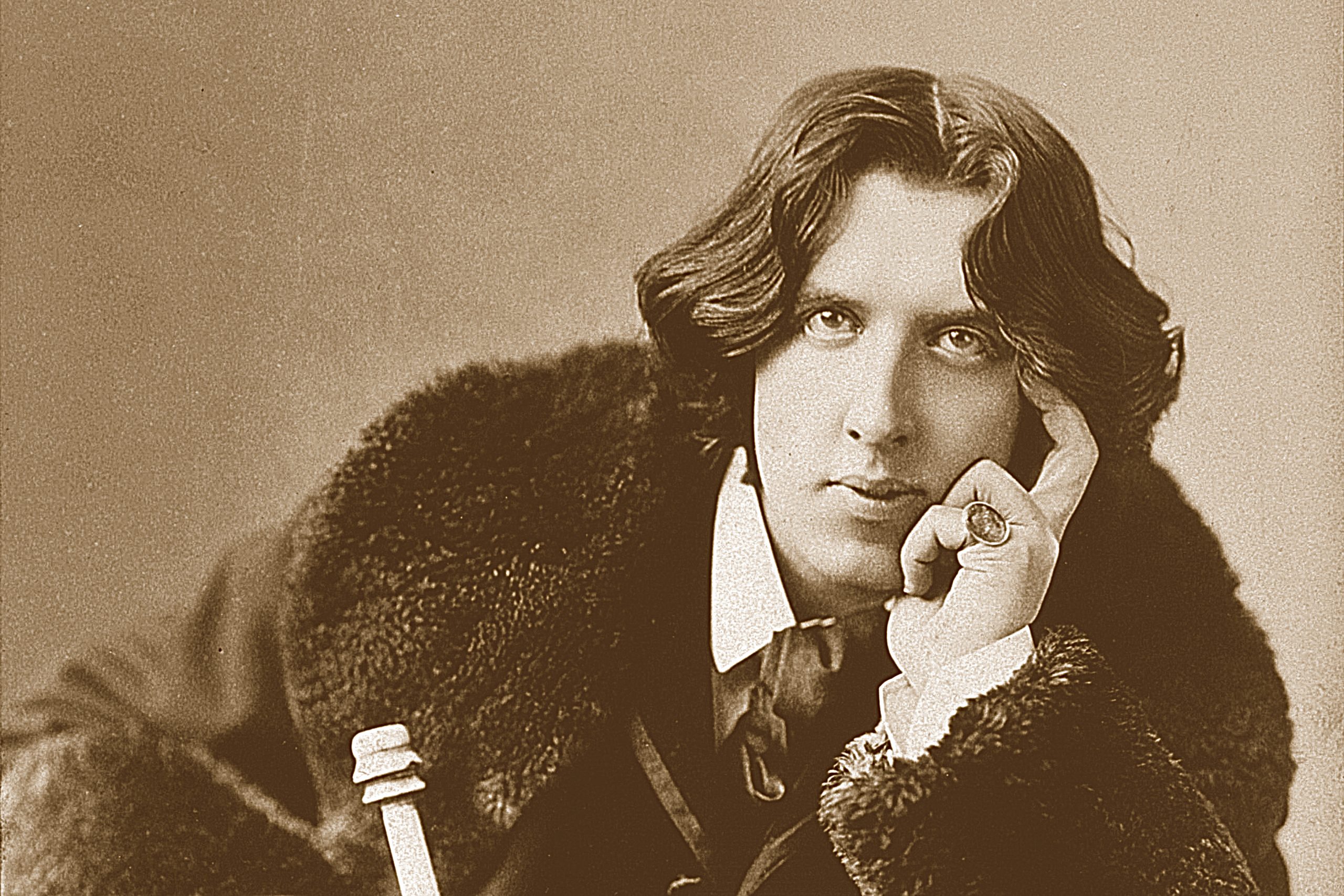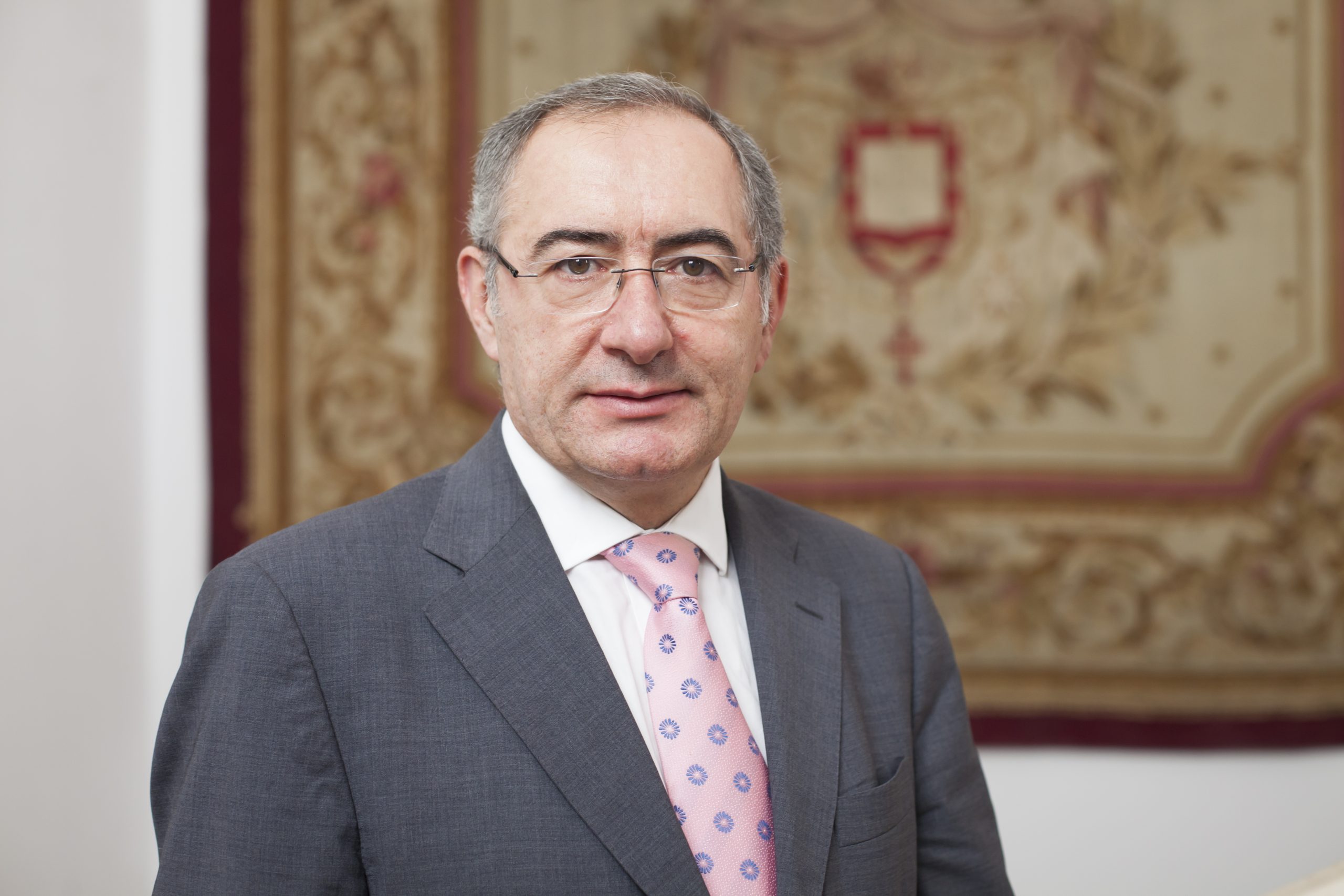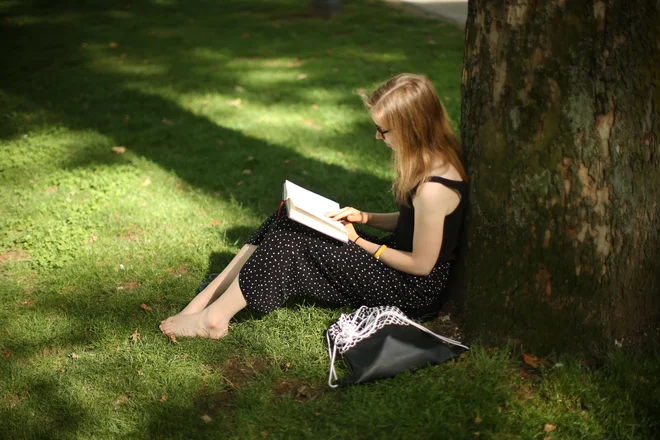Literature, lies and the beautiful style of revenge

Lie is the most extravagant and at the same time more subtle nexus of the exercise of expansion and recreation that we tax the human intellect. To a large extent culture means this border from which man claims his own inventor. He desgate himself from nature, at some point I dug a pit in the face of it, and at the slightest opportunity counts and retrofit that it is wonderful, sometimes exaggerating some details, sometimes a whole saga of exploits that lead to our belief as if it has the obligation to save ourselves from the bureaucratic itself in which we give each other, diverted, victims of this factual coward I attend to the elements that most mortify us. We all feel a sudden desire to free ourselves when we give one of these types that Palra and Divaga without brake, and causes us that shiver of life gross, leaving us all delayed ideas and the body in alive flesh. Between the arsenal and the infinite possibilities and uses of lies, they tell the convenient and godly, the delicate, the decoratives and the ones that serve only a kind of camouflage in the landscape, then there are those who serve the truth, but not the beast, and there are those who give the liars badly: the treacherous ones, those lies that tear the floor, the Bluff, the Bluff, the Bluff, the Bluff, the Bluff, Cheating plots, the burles, all the kind of falsehoods. As you know, the lie sells.
Now, in our day, there is a great deal of lie to qualify immoral behaviors, the manufacturers of little scrupulous people, who can never rise beyond the level of misrepresentation of the facts. In Oscar Wilde’s understanding, this kind of con artists not only gives a bad name, but is fully placed in the same category of the true liar, which is not simple, but extracts the legendary condition of pure invention, lies frankly and proudly assumed, « with their unresponsible superb, their natural, healthy disdain throughout the caste of proofs. » So let’s start here: “After all, what is a good lie? It is not hiding its own evidence. If a man is sufficiently devoid of imagination to produce evidence from lies, it does not distinguish the truth from oratory. No, politicians cannot lie. Thus lies is a condition of true authenticity, contrary to what is thought. It is not just about pulling a shine to reality, or coloring it, it is a deeper contempt, a more committed revolt. If most of the time the lie seems to be the shortest shortcut to get rid of a series of ungrateful obligations, the lie that overcomes the stupor that reality provokes us reaches the state of things at its root. As we know, fiction is full of memorable liars. A type gets into the fables of childhood and already comes across a pinocchy, or Pedro who always was giving the wolf everywhere. But one type grows and begins to realize that it has not benefited from the more favorable conditions, the lottery did not smile at him, and then one day he faces a Ripley tone, a Jay Gatsby, some quixote capable of exerting some modern moods, the genre of memorable figures that understand the truth and the logic as variables, flexible concepts. If a type is enchanted by a bovary also has to feed his illusions if he wants to embark on the pleasures of lust without hoping the fantasies that support the romantic efabulations. In fiction, lies fulfill a multitude of operations, serving to set up conflicts, establish the character of the characters, their reliability or the desirage of the inner narrative, and generate the very picture of these tensions, the different planes in which those figures intersect. Oscar Wilde goes so far as to argue that « the only real people has never existed, and if for a novelist life is enough as a starting point of their characters, it should not stop intending to be creations. » But in our day, so many writers are praised for merely producing copies, and this leads us in their own life to be left out of their own, such as “a degraded breed, which sold the heritage to which he was entitled by a salty of facts” (Wilde). Now, in Fernando Pessoa’s understanding, « the world is led by lies, » and « anyone who wants to awaken or conducts him will have to lie deliriously, and will do so much more success the more lie to himself and compensate for the truth of the lie he created. » And if Wilde, he said that one of the main causes of triviality that can be pointed out to most of the literature of our time is undoubtedly the decline of lies as art, science and social pleasure, person recalls the importance of national myths, the very history of nations, « a kind of propaganda with which the morality of a nation can be lifted. » And certain both begin a dialogue, and they seem to be in agreement with how, “instinct, humanity hates the truth, because it knows, with the same instinct, that there is no truth, or that the truth is unattainable,” says person, and remembers how old historians have given us magnificent facts, while modern fictionists are limited to presenting us facts Masked fiction sensorons. It is at this point that it is worth measuring looking at the shelves, seeing the proportion of liars in the face of these small traffickers who are limited to slightly distorting the narratives that the era fattens and with which it emphasizes, reinforcing the universal reporting regime, and a realism that only produces creeticizing documents, ranking all sorts of common places, base banalities, serody dogs, which They fatigue intelligences and torture them in the wheel of habit and routine. Thus the report has quickly become the ideal and method of so many narrators, who fish their plots between newspapers and personal experiences, leading fiction to the lowest point in centuries. For this reason, whenever the talent of a narrator is evaluated, he should have in line with whether he is always feeling the need to hold on to the railing of life, being, in Wilde’s understanding, the dissolving that erodes art, « the enemy that occupies and devastates the house. » And it is not enough to spice up the general chatter or touch up with some bullshit, but there must be a conscious and deliberated effort in the sense of deception, error, misleading and falsehood. And this is because this exercise means being able to control its impulses, not being dominated by the general sensitivity of the moral sphincter, but subvert the codes, diving in this region where the lie does not fill with vertigo, nor is it afraid to be associated with the idea of sin, perversity, premeditation. Wilde understands that the act of telling beautiful non -true things is the exclusive purpose of art, and that this is really a suspicious, fearsome occupation, a kind of departure preached to nature and God, an illicit creation of man. Each of us, those who are interested in this challenge to the natural order of things, should go drawing a diagram to evaluate the overlap between fictitious liars, from spies, fakes and burns, gurus of this, and that, politicians, official spokesmen and anyone whose livelihoods depend on abundant changes in the truth, and realize how life is full of non-reliable narrators. Thus, it is only left for art to dive deeply and unfold these possibilities, accept the examples around them as gross material, but without surrendering to the condition of a mere detective, coroner or a close articulator of conspirating theories. Art only reaps a suggestion, becomes pregnant, but then it will recreate life in new forms, invent, imagine, abuse, and dreams, while watching the border between itself and reality, preserving this insurmountable barrier, which can be erected through a formidable and allergic style to the vulgarity in which life is constantly falling. The danger is to be overwhelmed to excessively, to accept the urgencies that bathe to the door, whether social, political or moral. Art jokes of all this, and it takes revenge as it can.







